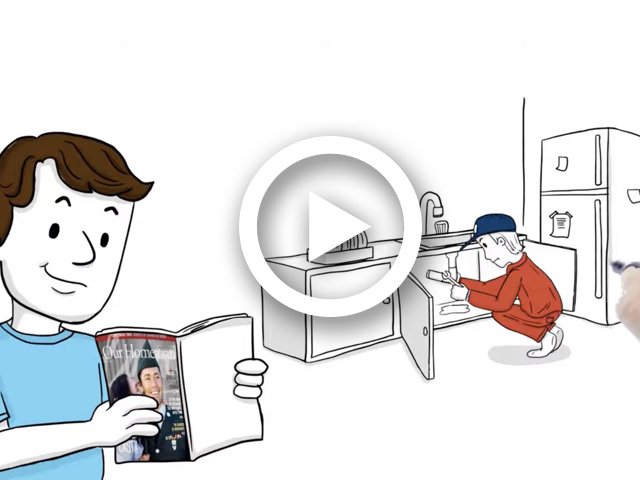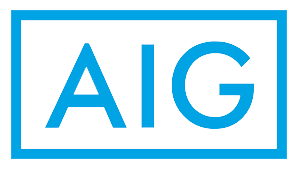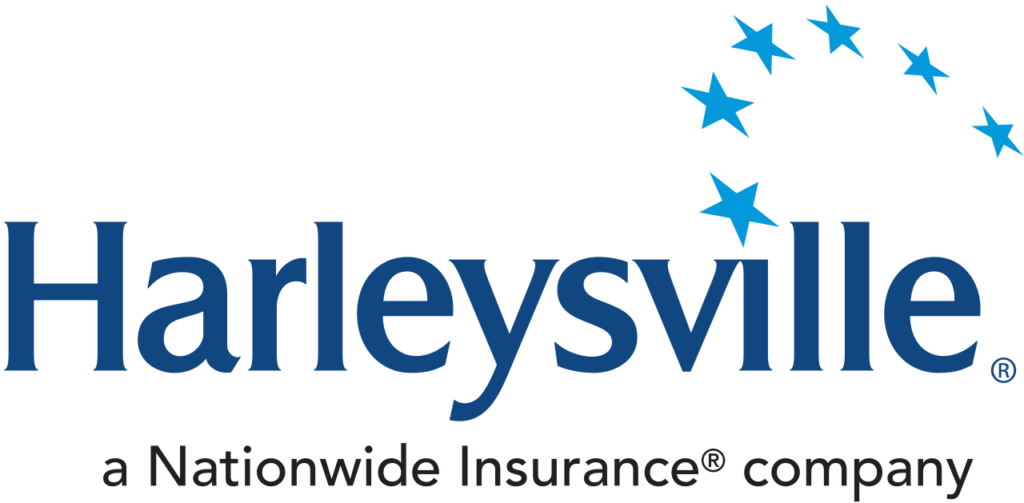Identity theft is all too common, especially in today’s digital world. It can put your credit, investments, and personal data at risk—and possibly your home and safety, too.
While many of Paul & Dixon’s insurers offer our clients identify theft insurance as an option on their Homeowners policy, it’s essential to take careful precautions. Dealing with an incident can be tremendously disruptive to your life, and recovery can take time.
Identity theft can happen online, in the store, or even on your own property, so follow these tips to reduce your risk during the holiday shopping season and beyond:
- Watch for unauthorized transactions on your statements and pay attention to your credit card billing cycles. If bills or financial statements are late, contact the sender.
- Set up alerts on your credit accounts to receive notifications by text whenever a credit card is used. (Once a thief gains access to an account number, he or she will often go on a spending spree. With alerts, you can cancel your account before unauthorized purchases pile up.)
- Shred receipts, credit offers, account statements, and expired credit cards. This can prevent “dumpster divers” from getting your personal information.
- Review your credit reports once a year. Be certain that they don’t include accounts that you have not opened. You can order this information for free from Annualcreditreport.com.
- Enable security features and set strong privacy settings on your mobile phone and social media sites.
- Make sure you have updated anti-virus software and security patches on your computer.
- Click with caution! Be wary of emails and links that send you to websites you don’t know. Be suspicious of emails from unknown senders filled with spelling and punctuation errors.
- Don’t carry your Social Security card in your wallet. Give out your SSN only when necessary (when applying for credit, starting a job, making online payments, and other activities YOU initiate).
- Store personal information in a safe place.
- Collect mail every day. Place a hold on your mail when you are away from home for several days.
- If someone claiming to be from the IRS calls you on the phone, hang up. The IRS will never initiate contact with you by telephone.
- If you think your email, social media account, or other online accounts may have been hacked, change your passwords immediately and watch your accounts closely.
- Update sharing and firewall settings when you’re on a public wi-fi network. Use a virtual private network (VPN) if you use public wi-fi.
- Create complex passwords—and don’t share them! Do not use the same password for all of your accounts. Change your passwords if a company that you do business with has a breach of its databases.
- If you want to do banking or other financial business transactions online, make sure you are on a secure site (look for the prefix “https” in the URL).
- Consider purchasing an identity theft protection plan.
- More tips on protecting your cyber accounts are available from the Department of Homeland Security’s Cyber Security & Infrastructure Security Agency.
If you suspect or know that your identity or account information has been stolen:
- Call your bank immediately to cancel your credit card(s). Report any unauthorized purchases.
- Report the theft to the Federal Trade Commission at https://www.identitytheft.gov/. You will receive a recovery plan and help with putting it into action.
- Put a temporary freeze on your credit files with Equifax, Experian, and/or other agencies. This prevents someone from applying for credit or utility services in your name. (You will not be able to apply for credit while the freeze is active.)
- You may also report the theft to your local police.
Paul & Dixon is here to help! We are always happy to discuss ways to reduce risk. Please contact us with your questions.





































